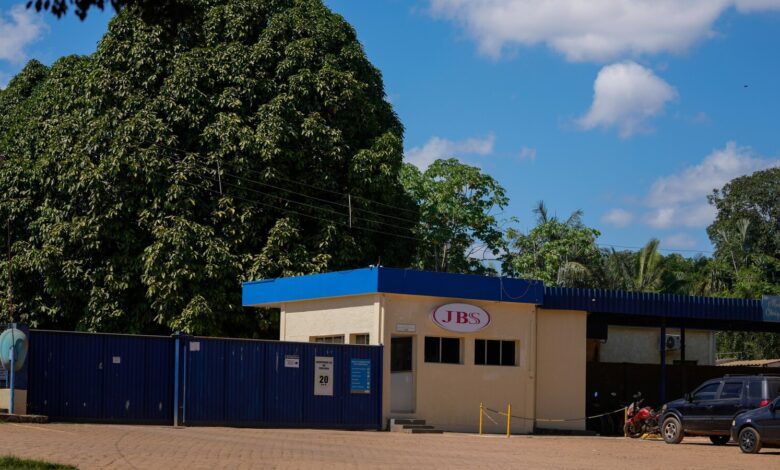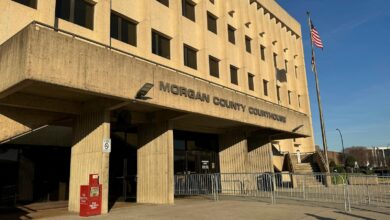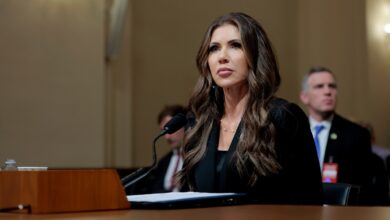Brazil slaughterhouses reduce ties to Amazon deforestation, but cattle laundering remains issue

BRASILIA, Brazil — A recent audit revealed that slaughterhouses in Brazil that reached a settlement with prosecutors were more likely to comply with environmental laws prohibiting the purchase of cattle from illegally deforested land. However, there are still gaps in oversight that connect a significant portion of the Amazon’s beef supply chain to forest destruction.
Companies that engaged independent auditors as part of the settlement with the Federal Prosecution Service sourced only 4% of their cattle from areas with illegal clearing. In contrast, companies that did not use auditors had a non-compliance rate of 52%, which is 13 times higher.
Prosecutor Ricardo Negrini stated, “It sends a clear message to the market and consumers about which companies are truly investing in responsible and transparent production.”
The Amazon rainforest plays a crucial role in regulating climate by absorbing carbon dioxide. However, clearing forest for cattle not only results in the loss of trees but also contributes to global warming due to methane emissions from cattle.
Brazil is a major consumer of its beef production, with exports increasing. China is the largest buyer, followed by the U.S.
The audit was part of the Legal Beef Conduct Adjustment Agreement, established in 2009 to prevent companies from buying cattle from illegally deforested areas. It involves support from civil organizations like Imaflora and the University of Wisconsin–Madison.
Initially implemented in Para, the agreement now covers five other Amazonian states, with audits conducted at 89 slaughterhouse units, including major companies such as JBS, Minerva, and Marfrig.
Despite progress, the report highlights challenges in monitoring indirect suppliers and cattle laundering practices in the Amazon. Some ranchers are circumventing monitoring measures, leading to continued non-compliance.
Efforts to address these issues are underway, with a focus on enhancing oversight of the entire supply chain. Continued collaboration between stakeholders is crucial to ensuring sustainable beef production in the region.
The Associated Press’ climate and environmental coverage is supported by various private foundations. AP maintains editorial independence and transparency in its reporting. For more information on AP’s standards for working with philanthropies and a list of supporters, visit AP.org.





